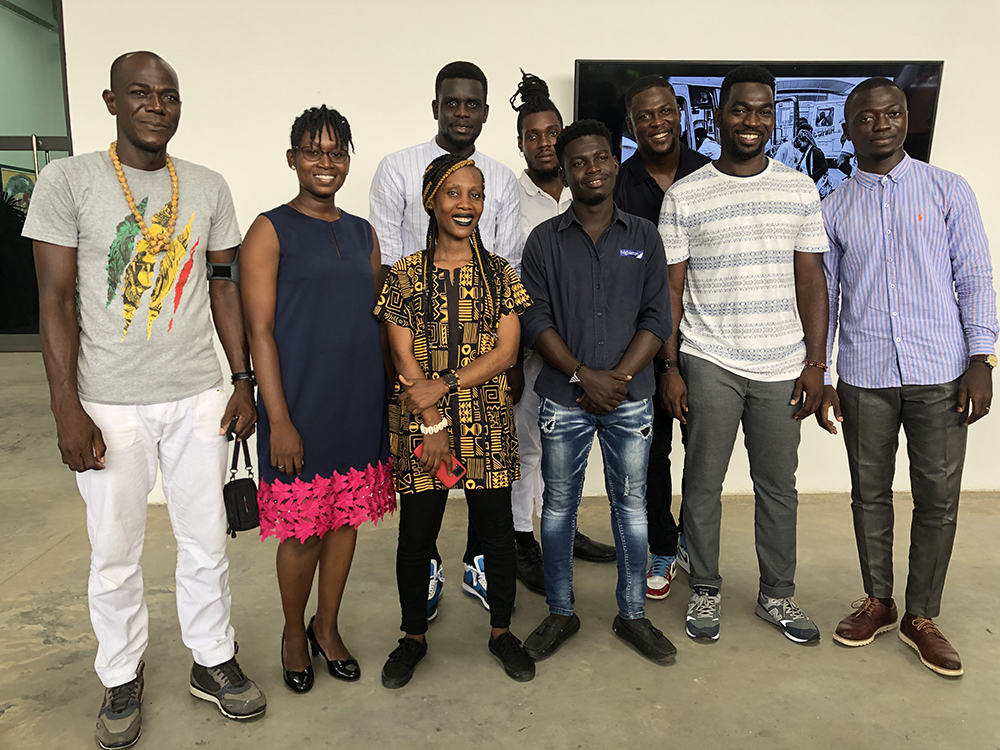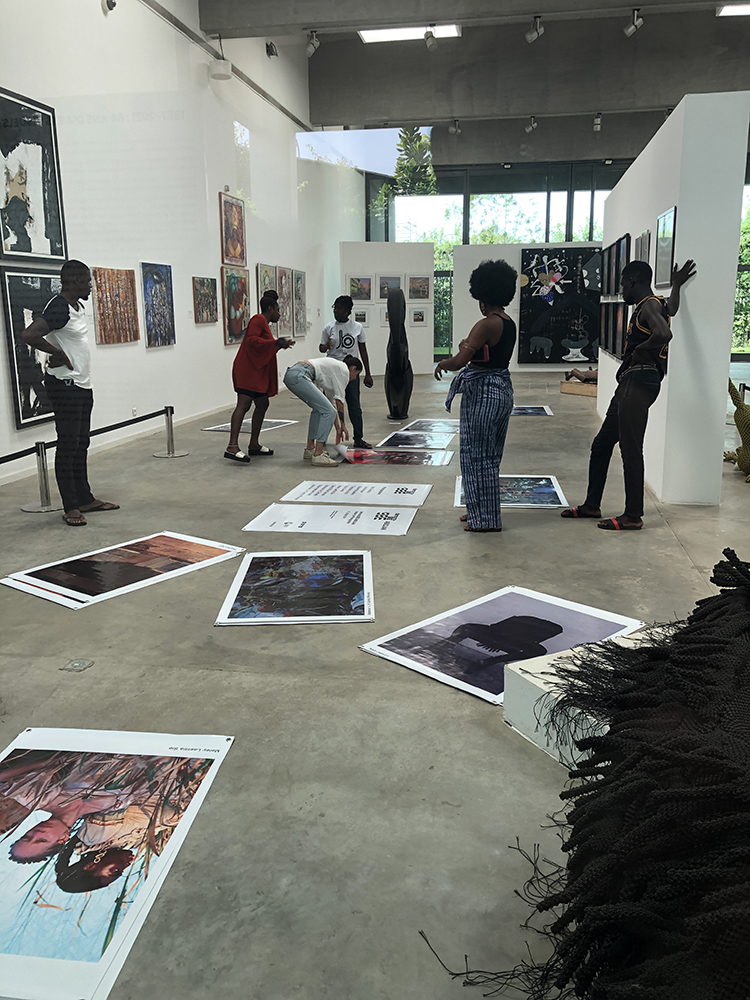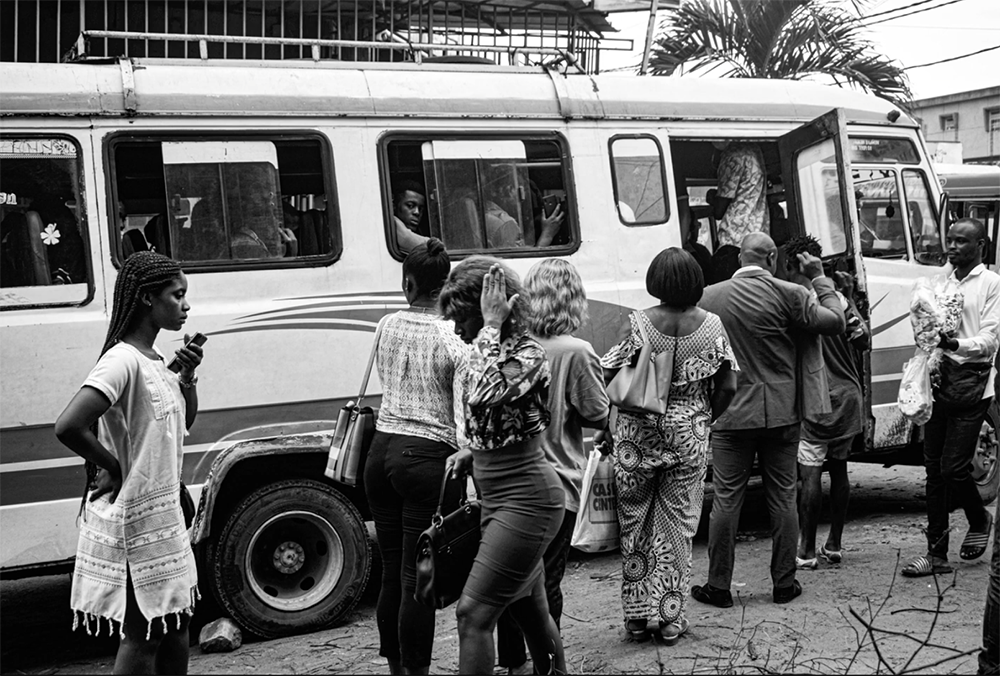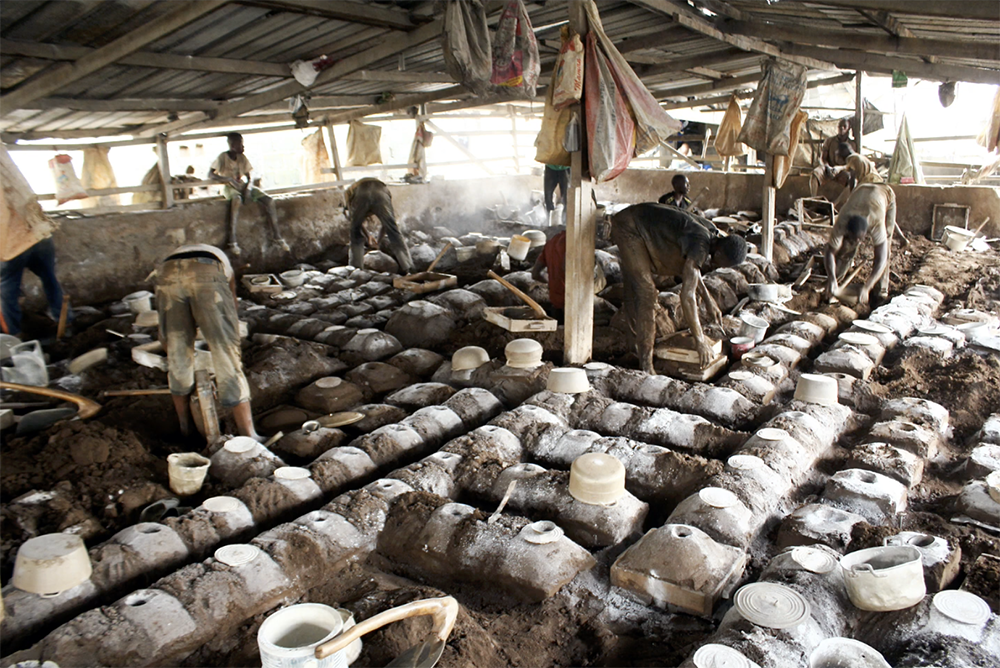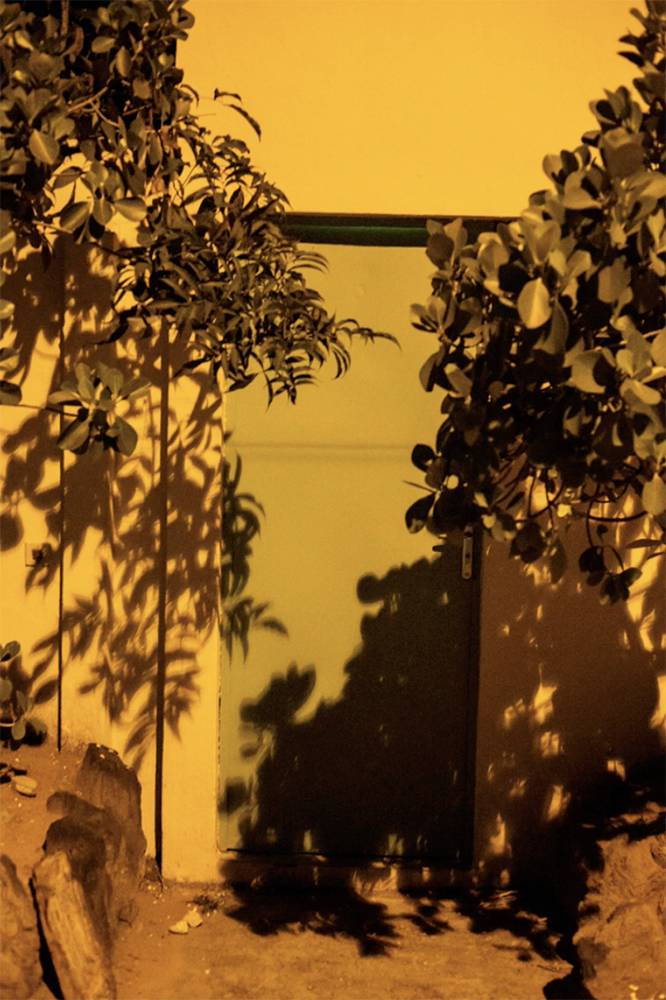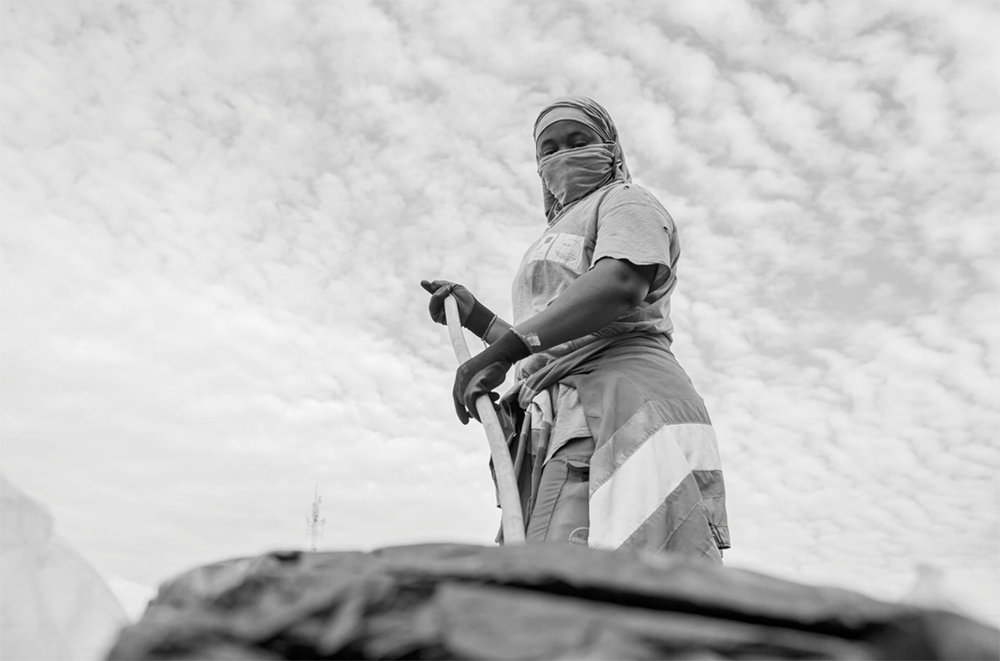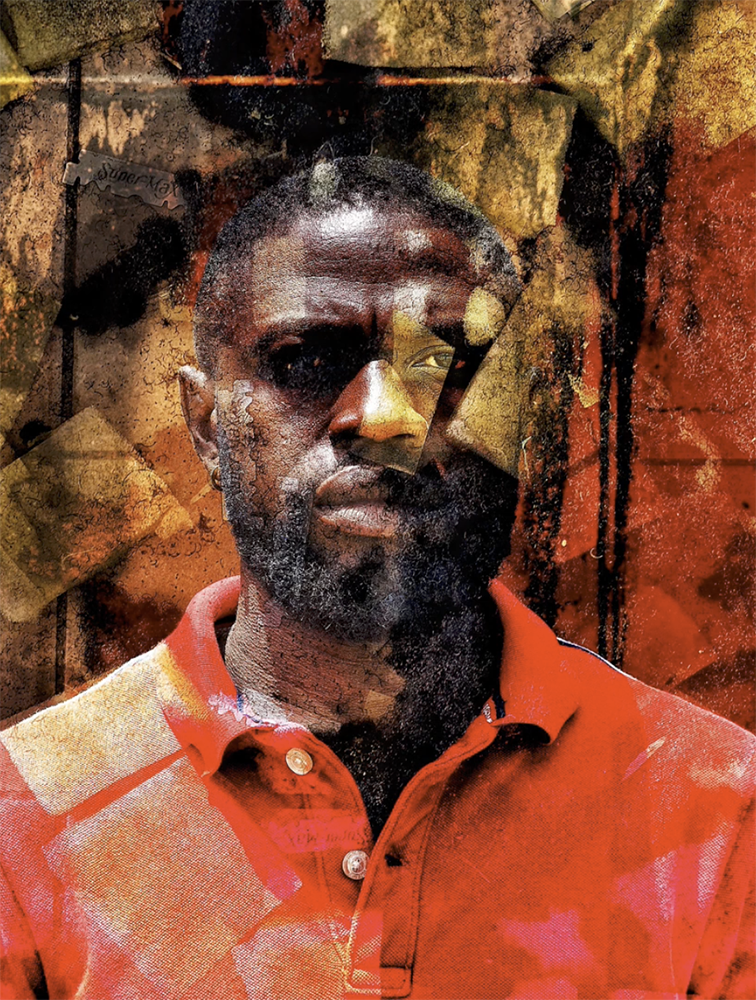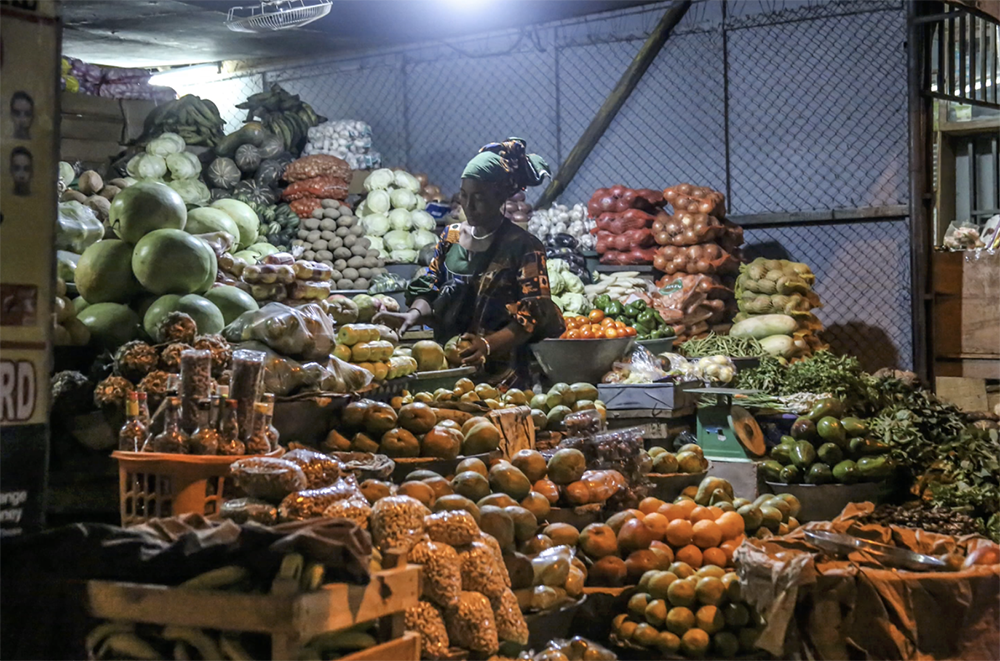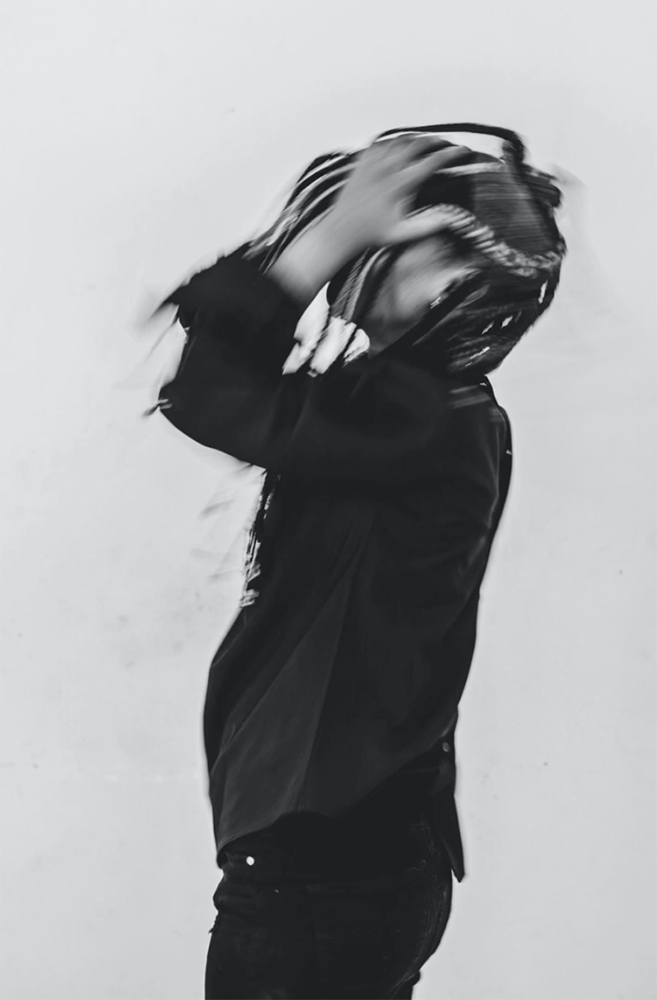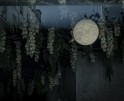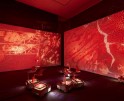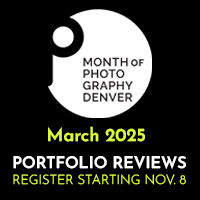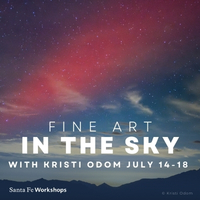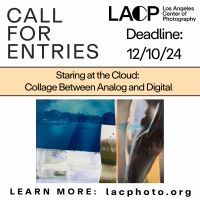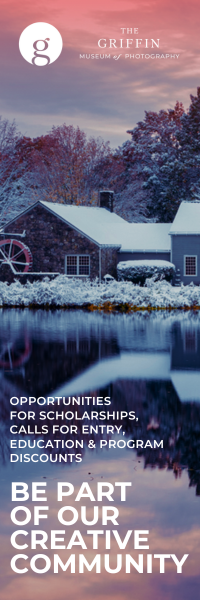Focus on South Africa: Photo:
In this second iteration of “Focus on South Africa” I wanted to include features on photography platforms, collectives, and teaching organizations in addition to artist profiles. In South Africa many photographers do not begin or advance their careers in secondary institutions, but rather through organized workshops, short courses, and extended mentorships. And while many Americans may be familiar with groups such as the Johannesburg-based Market Photo Workshop, a number of others have been established in recent years that are impacting the photography landscape in South Africa. These groups–and the networks of educators and mentors that work with them–are representative of a long-standing pattern of investing in and committing time to future generations of image makers that extends back to the Struggle era of the 1980s and 1990s and an “each one, teach one” practice among photography professionals. By learning more about the work of these groups we gain insight into the interests and concerns animating early-career photographers in South Africa, many of whom come from disadvantaged backgrounds that are traditionally underrepresented in the field, and who could not pursue the medium absent the support of the groups such as those profiled here. Two of the artists featured this week — Tshepiso Mazibuko and Jansen van Staden — have developed their work with support of Of Soul and Joy and Photo:, respectively. – Meghan Kirkwood
The Johannesburg-based Photo: represents a new type of photographic organization in South Africa: a platform dedicated to supporting socially-engaged photographers and critical dialogue around photography. Central to its vision, organizers say, is “the idea that photography can be a delicate tool for social change.” The group’s range of core activities attest to this broad and ambitious mission: international collaborative workshops, critique sessions, panel discussions, exhibitions, career mentoring and promotion of artists. The group’s focus on connecting and supporting photographers from across the continent is of particular note; in the last year alone Photo: has led workshops in Mozambique, Côte d’Ivoire; participated in international photography festivals in Aarhus, Denmark and Basel, Switzerland; and hosted panel discussions between photographers across Africa. Photo:, founder John Fleetwood observes that in its work around the continent, Photo: supports and engages with photographers that utilize the medium as a mode of expression. “The idea that you learn photography as a skill is certainly disappearing,” he observes, “you are learning photography because you want to think with it, you want to express your identity, and you want to create a voice for yourself. As a platform Photo:, he says, works “to be part of that kind of process and work in response to it.”
Photo: began in 2015 out Fleetwood’s desire to work more closely with photographers and photographic content after years as Director of the Market Photography Workshop in Johannesburg. “I started Photo: as a platform,” he says, “that could take on any kind of project that had to do with critical visual culture and [that could] work with photographers that want to express a kind of a social political understanding of the world. The idea for an organization like Photo: also grew from a desire to expand his own practice, which falls “somewhere between education and curation, promoting photographers and thinking about how other people use photography.” The name “Photo:” makes a connection between the operations of the colon and the organization’s role in preceding, facilitating, and supporting. Fleetwood notes: it also “plays with the idea that we cannot always say the things that we see and opens up a conversation around photography.”
Two initiatives highlight the organization’s work: the ongoing series of DemocraSEE workshops and the 10:10 reviews. The DemocraSEE workshops occur in person throughout the continent, most recently in Abidjan, Cote d’Ivoire. In planning the workshops Photo: draws upon a network of connections built through the Centres of Learning for Photography in Africa (http://www.clpa.photography/), an educational community that offers strategies, support, and inspiration for its eleven members across the continent. DemocraSEE participants are solicited through open calls and spend two weeks together having what Fleetwood describes as a “sea of critical concepts and critique” followed by a collaborative project and exhibition. For many of the photographers, the workshops offer a new opportunity to think about their work critically and how it draws upon local visual languages to convey meaning. These dialogs take place in tandem with a review of work from other African photographers, which Fleetwood notes helps participants gain knowledge of the incredibly rich history of photography from around the continent. This immersive workshop experience acts as a catalyst for creating new nodes of photographic production in the locations where they take place, places which often lack well-resourced photographic educational institutions or support organizations.
The 10:10 dialogs also build upon continent-wide connections between artists. In each iteration all artists share a body of work and receive feedback from participants and invited reviewers. But the sessions, Fleetwood observes, are important for more reasons than the review of individual images. First, the photographers represent a diversity of practices and experience—some are photojournalists, others commercial artists, and others come with much less professional experience. In this milieu, Fleetwood notes, “people start to be able to see how the power and responsibility of the image floats over into different fields of ethics and moral thinking.” The differences, according to Fleetwood, are a large part of what makes the 10:10 dialogs important. “Oftentimes,” he points out “people talk on behalf of Africa and say that you know, as Africans we do these things,” but in the 10:10 conversations it becomes clear how different the situations of the respective photographers are. “This trope of speaking about Africa as one space, even though there are all kinds of political and social understandings about what that means.”
In our interview I asked John if—beyond its organizers and home-base—there was anything distinctly South African about Photo: or the initiatives that it develops and supports. He reflected on this question in a few different ways, and drew important parallels between Photo:’s mission to support socially engaged photography practices and the history of photography in South Africa. “I think in South Africa there’s a very clear history of photography that signifies its importance as a social science, perhaps rather than just as an art or as an aesthetic.” He also offered that South African photographers may have particular insight into current conversations surrounding decolonization and racial disparities. South Africa “is a space where there are very disparate realities, very different realities in very short spaces,” and these disparities have “been a central concern in thinking around photography in South Africa, at least for the last 20-30 years.” Experience thinking critically around these issues and how to challenge them through visual media represents an important aspect of the medium’s currency in South Africa. “This is exactly the role of the photograph: that it pulls out what we see and also what we don’t see,” and by engaging with photographs, Fleetwood says, “I think that is really how we start to confront differences of opinion and position and how we confront ourselves.”
For more information about Photo: please see their website www.phototool.co.za or follow them on social media at @phototool on Instagram.
Meghan L. E. Kirkwood is a photographer who researches the ways landscape imagery can inform and advance public conversations around land use, infrastructure, and values towards the natural environment.
Kirkwood earned a B.F.A. from Rhode Island School of Design in Photography before completing her M.F.A. in Studio Art at Tulane University and PhD at the University of Florida. She currently works as an Assistant Professor of Visual Arts at the Sam Fox School of Visual Arts and Design at Washington University in St. Louis, where she serves as area head in Photography.
Kirkwood’s work has been exhibited internationally in solo and group shows at venues including Blue Sky Gallery (Portland, OR), Filter Space (Chicago, IL), Bangkok Art and Culture Center (Thailand), ArtSpace Durban (South Africa), Colorado Photographic Arts Center (Denver, CO), Rosza Art Gallery (Houghton, MI), Plains Art Museum (Fargo, ND), PH21 Gallery (Budapest), Midwest Center for Photography (Wichita, KS), Yost Art Gallery (Highland, KS), and Montgomery College (Tacoma Park, MD).
Her photographs are held in several private and public collections, including the RISD Museum of Art, the Museum of Contemporary Photography in Chicago, University of Idaho, Minot State University, North Dakota Museum of Art, and the University of Florida Genetics Institute. Her work has been featured in publications such as Lenscratch, Don’t Take Pictures, Oxford American, New Landscape Photography, Landscape Stories, Don’t Smile, and Ours.
She has received numerous awards and fellowships to support her research, including from the Crusade for Art Foundation, selection as a Center Santa Fe Top 100 Photographer, full fellowships for graduate research at University of Kansas, Tulane University, and University of Florida. She has also received full funding to participate in artist residencies through the National Parks Service, the Vermont Studio Center, and the Lakeside Lab.
In tandem with her studio practice, Kirkwood also researches in the fields of African art and the history of photography. She holds an MA in Art History from the University of Kansas, where she researched African monuments designed and built by North Koreans, a study that was published in A Companion to Modern African Art (eds. G. Salami and M. Visonà). Her dissertation examined the uses of landscape imagery by contemporary South African photographers. Her writing on photography has been published in Lenscratch, Social Dynamics, Exposure, and Photography and Culture.
Kirkwood is a native New Englander, but lives together with her family in St. Louis, Missouri. When not photographing or traveling, Kirkwood trains for and competes in marathons.
Posts on Lenscratch may not be reproduced without the permission of the Lenscratch staff and the photographer.
Recommended
-
Joan Haseltine: Bluest BruiseDecember 4th, 2024
-
Jordan Eagles in Conversation with Douglas BreaultDecember 2nd, 2024
-
“notes from a body inverted” by Emme Rovins – Exhibition at Gravedigger’s DaughterNovember 19th, 2024
-
Susan Worsham: Crystals of SilverNovember 13th, 2024

